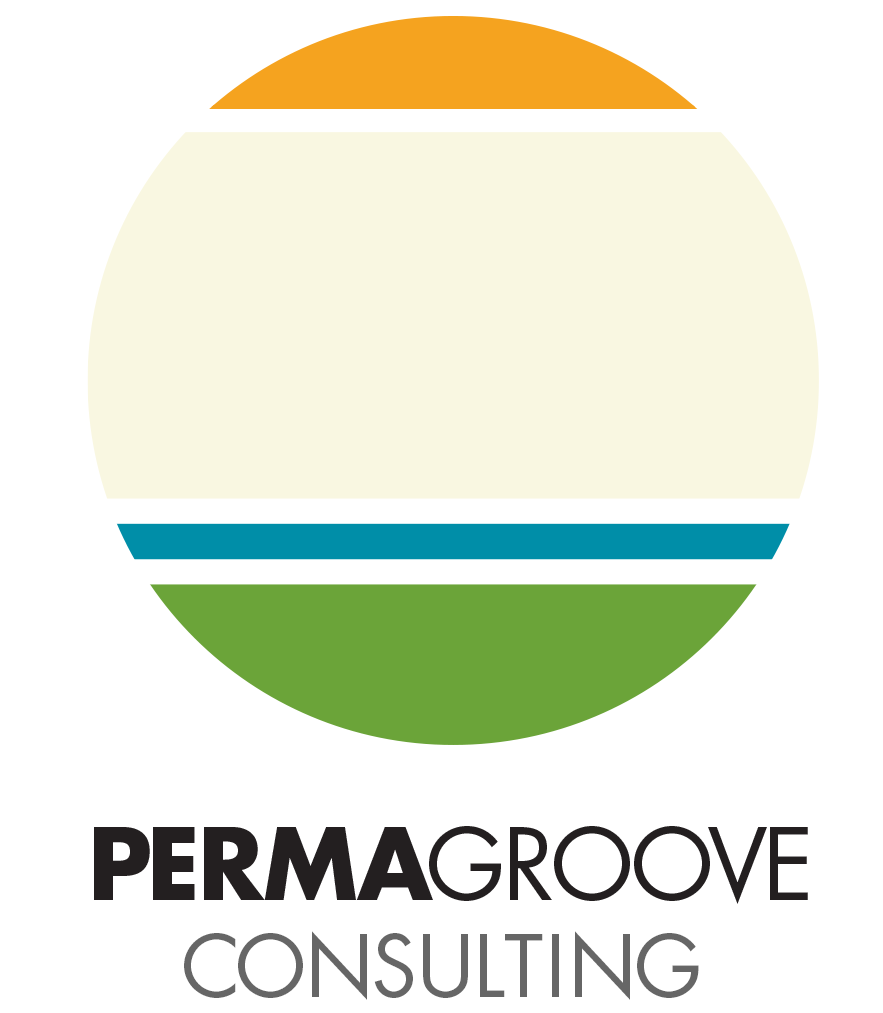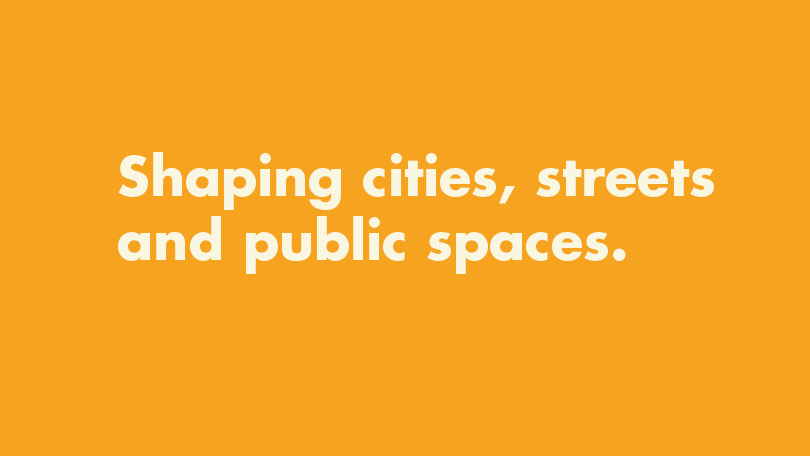Bipolar disorder comorbid with alcohol use disorder: focus on neurocognitive correlates
If you’re affected by both bipolar disorder and alcohol use disorder, there are many pathways to recovery. It may not always be the easiest road, but there are people who are ready to help you navigate it. Studies have shown that people with bipolar disorder have a 60 percent chance of developing a drinking problem at some point in their lives. Both bipolar disorder and alcohol consumption cause changes in a person’s brain.
Alcohol and Hippocampal Epileptiform Activity
In some cases, alcoholism may be misdiagnosed as bipolar disorder, or vice versa, complicating treatment efforts and delaying appropriate care. Those with bipolar disorder are at a heightened risk for this disease, with approximately 56% of individuals with bipolar I or II disorder having a history of AUD.This highlights the need to watch for issues with substances. If issues do arise, treatment plans that address both bipolar condition and AUD may be recommended. The Can you die from alcohol withdrawal What to know social zeitgeber theory highlights the importance of circadian dysfunction in bipolar disorder. Addictive behavior and alcohol and substance abuse are common among people with bipolar disorder. Another reason is that people with bipolar disorder often self-medicate to manage their mental health condition.
The other hypothesis, namely that patients with BD use alcohol to self-medicate their mood symptoms, or drink a result of their tendency towards impulsive behaviours, may also apply (Swann et al., 2003). It is likely, however, that within the spectrum of comorbid AUD and BD, there lies a variety of orders and associations, and that no one hypothesis explains the full spectrum of presentations. Consistent with this is the fact that when comorbid groups are studied, some patients present with BD first, some with AUD first, and some patients present with both simultaneously (Strakowski et al., 2005a).
Disorders
Regardless of the blurred nights and the draining hangovers leading to mixed intensified feelings once the alcohol leaves the body, many bipolar individuals still choose to drink. For some, the relaxed feelings and the heightened mania far outweigh the negative effect alcohol has on the mood. Drinking on bipolar medication can turn one drink into several, especially drinking on an empty stomach.
Valproate
In a 5-year followup study, Winokur and colleagues (1995) evaluated a group of bipolar patients with and without alcoholism. In the alcoholic patients, bipolar illness and alcoholism were categorized as being either primary or secondary. The patients with primary alcoholism had significantly fewer episodes of mood disorder at followup, which may suggest that these patients had a less severe form of bipolar illness.
- Sleep disturbances in bipolar disorder are present during all stages of the condition and exert a negative impact on overall course, quality of life, and treatment outcomes.
- Many reputable rehab centers createtreatment plansfor each condition that work independently to help the patient learn coping strategies to manage each disorder.
- Your environment as a young person can also influence whether you’re likely to develop AUD.
- Many of those suffering from bipolar disorder turn to alcohol to suppress the symptoms the disorder comes with.
Bipolar Disorder and Alcohol Use Disorder: A review
This therapy uses an integrated approach; participants discuss topics that are relevant to both disorders, such as insomnia, emphasizing common aspects of recovery and relapse. Because evidence suggests that active drinking may worsen bipolar symptoms, it makes sense that medications designed to decrease alcohol consumption may be useful in bipolar alcoholics. Naltrexone (ReVia™) is an FDA-approved medication designed to decrease cravings for alcohol. Maxwell and Shinderman (2000) reviewed the use of naltrexone in the treatment of alcoholism in 72 patients with major mental disorders, including bipolar disorder and major depression. Eighty-two percent of patients stayed on naltrexone for at least 8 weeks, 11 percent discontinued the medication because of side effects, and the remaining 7 percent discontinued for other reasons.
People who have a diagnosis of both bipolar disorder and alcohol dependence will need a special treatment plan. The researchers found a direct link between alcohol consumption and the rate of occurrence of manic or depressive episodes, even when study participants drank a relatively small amount of alcohol. In the past, researchers have noted that symptoms of bipolar disorder appear as a person withdraws from alcohol dependence. Some scientists have suggested that alcohol use or withdrawal and bipolar disorder affect the same brain chemicals, or neurotransmitters. Alcohol can affect a person with bipolar disorder differently, compared with someone who does not have it.
— Posted on September 15, 2022 at 9:01 am by permagroove

